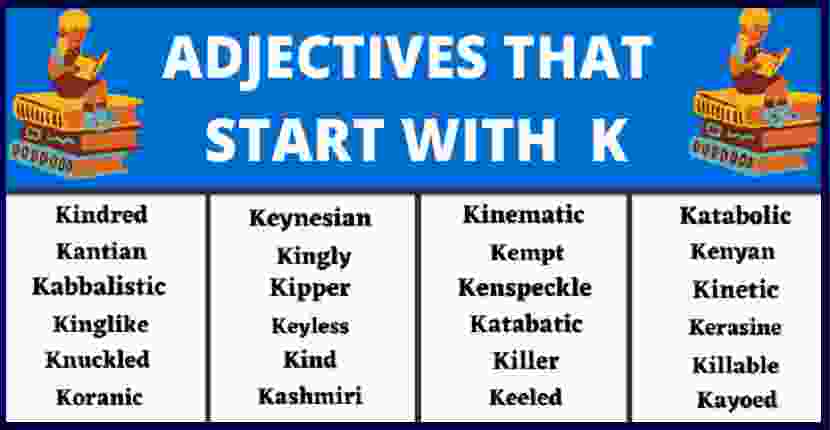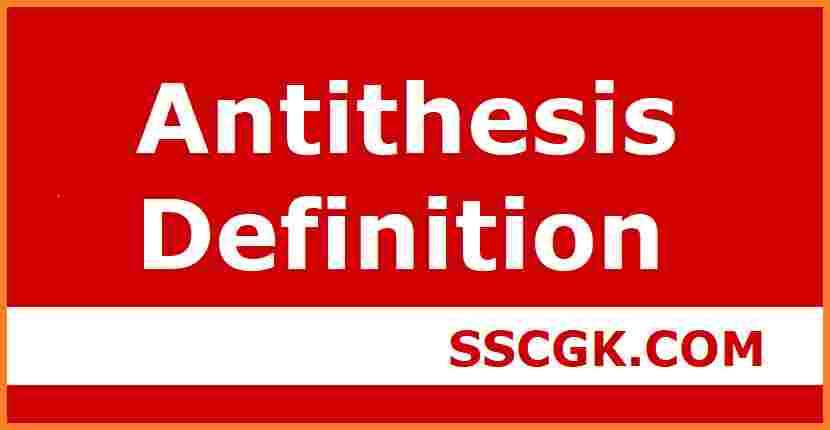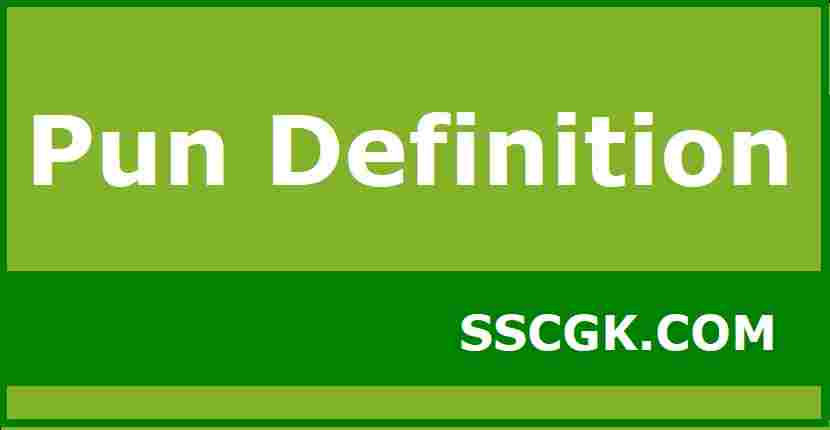Today in this article we are going to introduce you Auxiliary Verb to increase your English vocabulary knowledge. In the earlier post you have read about the Adjectives that Start with D in detail.
Auxiliary Verb:-
Definition, List and Examples of Auxiliary Verbs
The auxiliary verb is a verb which is used as a way of forming the mood, tense and
voice of other verbs within a sentence. This is something which is commonly seen in
the English language and is essential for anyone looking to create sentences which
sound grammatically correct.
Auxiliary Verb
In this section, we are going to look at the auxiliary verb in a lot more detail and give
you the opportunity to start forming sentences with them that will make you sound
much more like a native speaker of the language.
What is an Auxiliary Verb?
An auxiliary verb (or a helping verb) is a verb that adds functional or grammatical
meaning to the clause in which it appears, such as to express tense, aspect, modality,
voice, emphasis, etc. An auxiliary verb is most generally understood as a verb that
“helps” another verb by adding grammatical information to it.
औग्जिलियरी वर्ब्स एंड एग्जाम्प्ल्स –
Certain auxiliaries have contracted forms, such as ‘d and ‘ll for had/ would and will/ shall.
Forms of the verb do (do, does, did)
Forms of the verb have
Forms of the verb will
Auxiliary Verbs
Learn the useful list of helping verbs in English with rules, example sentences, video and ESL printable worksheets.
Auxiliary Verbs List
DO
Forms of the verb do (do, does, did), when used with other verbs to enable the formation of questions, negation, emphasis, etc.
Examples:
Simple Present Tense: He does not play volleyball.
Simple Past Tense: He did not play volleyball.
Present Indefinite Tense: Does he play volleyball?
Past Indefinite Tense: Did he play volleyball?
HAVE
Forms of the verb have, when used to express perfect aspect.
Examples:
Present Perfect Simple Tense: He has played volleyball.
Past Perfect Simple Tense: He had played volleyball.
Present Perfect Progressive Tense: He has been playing volleyball.
Past Perfect Progressive Tense: He had been playing volleyball.
When used to express passive voice. Note that have is an irregular verb.
Example: The house has/had been built.
Auxiliary Verb-
TO BE
We use this verb for compound tenses and the passive voice. Note that “be” is an irregular verb.
Examples:
They are teachers.
This was a very interesting experience to them.
When used to express progressive aspect.
Examples:
Present Progressive Tense: He is watching TV.
Past Progressive Tense: He was watching TV.
Present Perfect Progressive: He has been watching TV.
Past Perfect Progressive: He had been watching TV.
When used to express passive voice.
Example: A letter will be written.
WILL
Forms of the verb will, when used form the future tenses.
Examples: He will not play volleyball.
Auxiliary verbs list in English with example sentences.
Am- I am sorry for what I have done.
Is- He is a great all rounder player
Are- You are never too old to learn.
Was- He was eleventh player of the cricket team .
Were– The children were playing with a ball.
Be– Music will be played on a phonograph.
Been- This actress has been diverged divorced from her husband
Will- He will not play volleyball.
Has- He has got some tropical fruits.
Have- Our guests have arrived.
Had- I had not seen him for 15 years.
Do- I do not feel like going out tonight.
Does- Does your job fulfill your expectations.
Did- Did you have a nice holiday?



